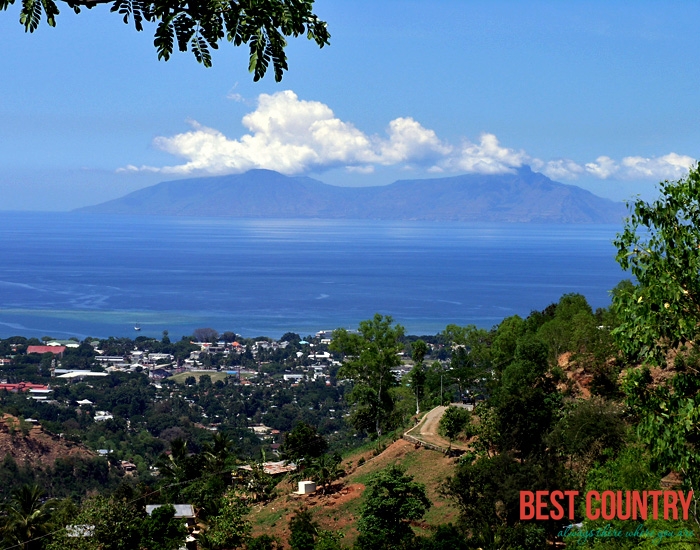The capital of East Timor is Dili

Since, the capital of East Timor is also the largest revenue generating city of the country, therefore, most of the country's population are concentrated here.
The capital of East Timor, also has access to the best commercial and military airport of the country called the Presidente Nicolau Lobato International Airport.
The origins of the present capital of East Timor, Dili, dates back to about 1520 A.D. when the country was under colonization of the Portuguese.
The importance of Dili occurred during 1769 A.D. when the country was made the capital of Portuguese East Timor, the capital of East Timor also acquires great importance during the period of the WWII when the city came under Japanese occupation.
The history of the capital of East Timor, along with the rest of the country has been steeped in foreign occupation.
The first occupants were the Portuguese from whom the country gained independence in 1975, but following the independence the country came under further occupation of the Indonesian forces in 1976.
Indonesia gave East Timor the status of the 27th province of Indonesia, and Dili was made the capital of East Timor.
The most gruesome events in the capital of East Timor's history is the massacre of 1991 which happened as a result of the ongoing guerrilla war between native activists and Indonesian forces since 1975.
The guerrilla war gave East Timor emergency status and Dili's events are being regularly monitored by the UN.
At present, Dili is the only city of East Timor which can be noted for upgraded modern facilities like education and transport and also for possessing some art and architectural heritage.
Most government buildings are located here, and although the capital of East Timor has witnessed immense violence yet, the streets flaunt some grand buildings in Portuguese architecture.